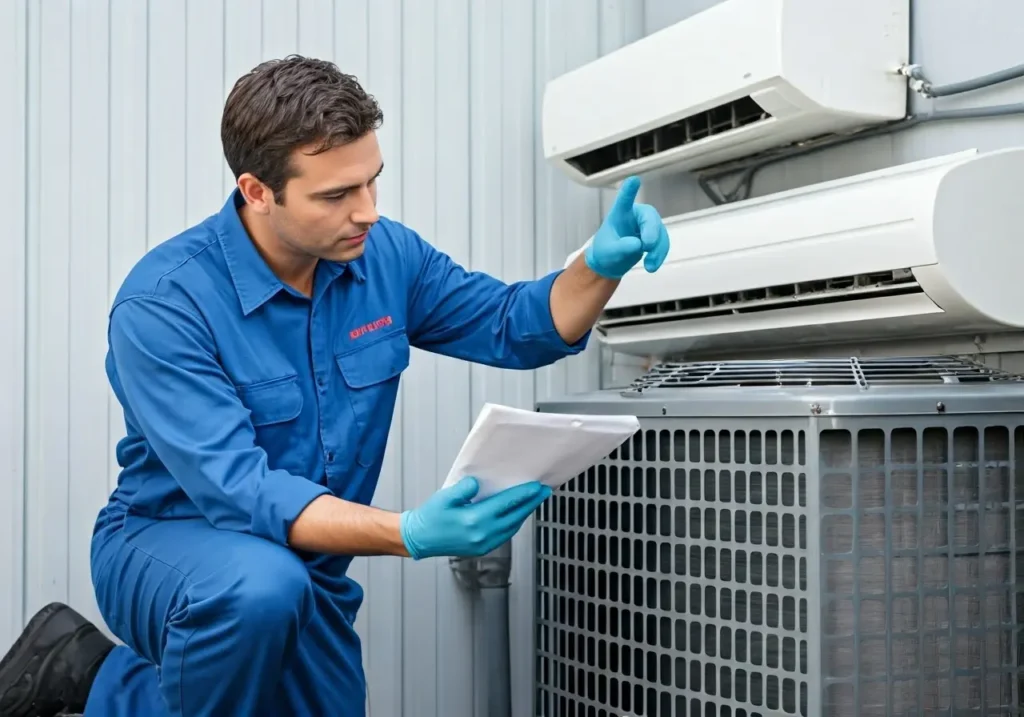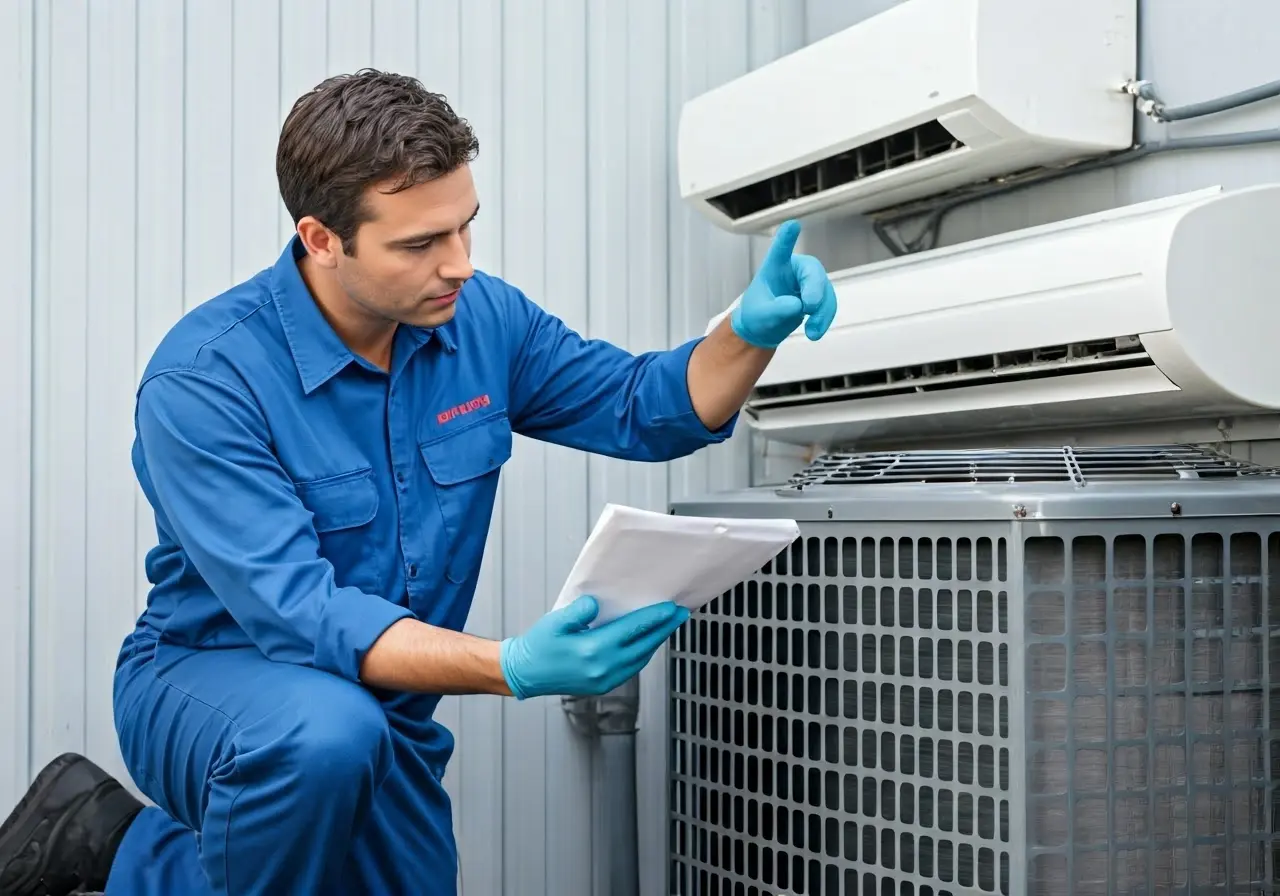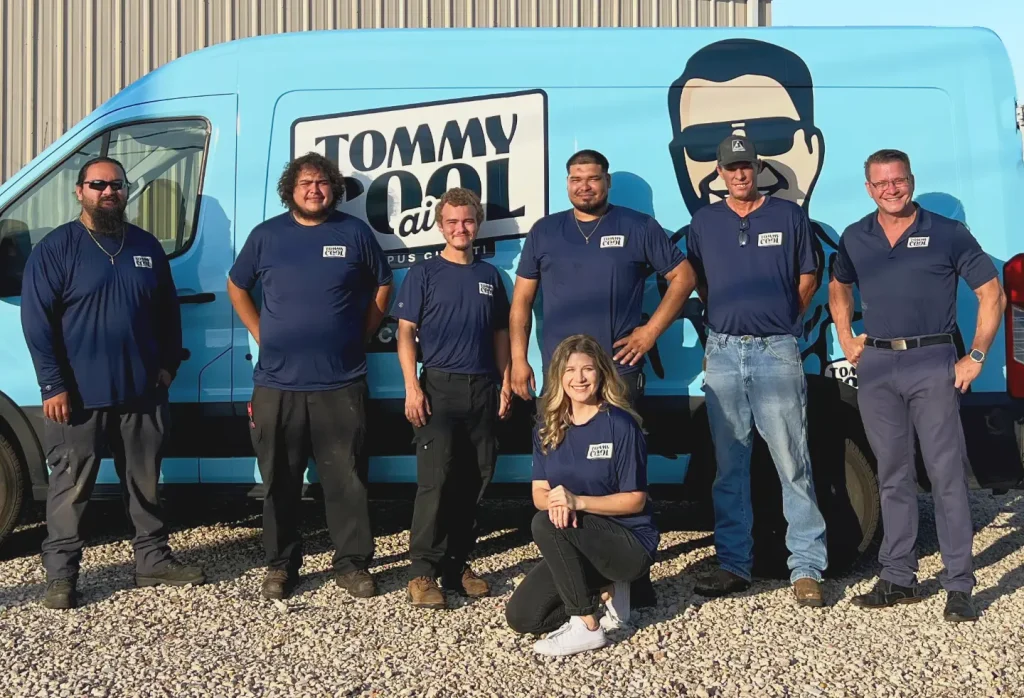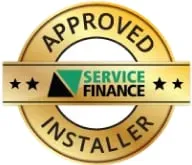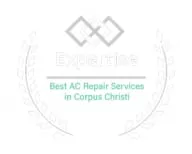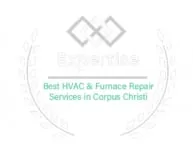Is your home not as cool as it used to be? It might be time for a little TLC for your AC unit. Discover the telltale signs that your air conditioner needs repair so you can stay comfortable and avoid costly breakdowns.
1. Warm Air Is Blowing
If your AC unit is blowing warm air instead of cool, it’s a definite sign something isn’t right. This could be due to a refrigerant leak or a problem with the compressor. A refrigerant leak reduces the system’s ability to blow cold air and can eventually damage your unit if not addressed immediately.
Another potential culprit for warm air is both simple and often overlooked: the thermostat. It might be miscalibrated or malfunctioning, causing the system to behave erratically. Before jumping to conclusions, double-check that the thermostat is set to ‘cool’ and is correctly reading the room’s temperature. If the problem persists, a professional diagnostic check might be necessary.
2. Weak Airflow
Poor airflow can result from a clogged air filter, a broken motor, or something more serious. Either way, it’s a clear indicator that your system needs a check-up. Clogged filters are often the main culprits, restricting smooth airflow and forcing your AC to work harder, which can lead to higher energy bills. Replacing or cleaning the filter can vastly improve airflow and AC efficiency.
Another common issue with weak airflow is ductwork problems. Leaks in the ducts can let conditioned air escape before it reaches your living space, leading to uneven cooling and higher energy bills. If cleaning the filters and inspecting the ducts doesn’t solve the weak airflow, it might be time to schedule a professional inspection to diagnose and fix the underlying issue.
3. Frequent Cycles
AC units typically go through regular cooling cycles. If yours seems to be cycling on and off frequently, it could be a sign of an underlying issue. Frequent cycling can put unnecessary stress on your system, leading to quicker wear and tear and a higher chance of complete AC breakdown.
Common reasons for frequent cycling include a malfunctioning thermostat, low refrigerant levels, or an oversized AC unit. If your unit is too powerful for the space it’s cooling, it might cool the area too quickly and shut off prematurely, only to turn back on shortly after. Not only is this inefficient, but it also fails to properly manage humidity in the home. Address these issues promptly to maintain your AC’s performance.
4. High Humidity Levels
Your AC unit should moderate humidity levels in your home. If you’re noticing more humidity than usual, it might not be working properly. An air conditioner in good working order should dehumidify the air as a part of its cooling process. If you notice a sudden increase in indoor humidity, it might be due to a refrigerant leak or an issue with the evaporator coils.
Elevated humidity levels can lead to other issues such as mold growth and discomfort inside the home. It’s essential to address these issues promptly to keep the indoor air quality at its best. A professional inspection can help troubleshoot and fix the problem, ensuring your home stays cool and dry.
5. Water Leaks
Moisture around your AC system can indicate a couple of different problems, such as a refrigerant leak or a blocked drain tube. Water pooling around your unit typically indicates that something isn’t functioning correctly. A blocked drain tube can cause water that’s been extracted from humid air to back up and leak inside or around your AC unit.
In more severe cases, water leaks might signal a refrigerant issue. Low refrigerant can cause the AC coils to freeze and then leak water when they thaw. Since refrigerants are harmful to the environment and possibly your health, it’s crucial to address this issue immediately. Professional AC technicians will not only identify the leak’s source but also safely handle and replace the refrigerant if necessary.
6. Unusual Noises
While all AC units make noise, loud or unusual sounds such as grinding, squealing, or rattling can indicate a problem that needs attention. Different noises can point to different issues; for instance, a grinding noise might suggest a problem with the motor bearings or a misaligned fan. Immediate action should be taken to avoid any further damage to the unit’s internal components.
Sometimes, unusual noises can indicate loose parts internally, which can cause other parts to malfunction or fail. Constant rattling, for example, could denote that a part has come loose and is now banging against other parts. Addressing the noise early can prevent a small issue from escalating into a more significant, more expensive repair.
7. Foul Odors
Unpleasant smells coming from your cooling system could be a sign of mold inside the unit or ductwork needing thorough cleaning. Musty odors often indicate the presence of mold or mildew, which thrive in moisture-rich environments like your AC unit. A burning smell might suggest an issue with the wiring or overheated components inside the unit, which are serious red flags and need immediate attention.
You might also notice a pungent odor that signals the burning of wire insulation. This could indicate severe electrical issues that should be addressed right away to avoid any hazards. Keeping an eye (or nose) out for these odors can prevent long-term damage and keep your home safe and comfortable.
8. Rising Energy Bills
An unexplained increase in your energy bills could mean that your AC unit is not running efficiently and might require repairs or replacement. Older or malfunctioning units have to work harder to maintain the desired temperature, consuming more energy in the process (source).
There are several reasons why this might happen. Dirty filters, leaking ducts, or failing components force the AC to consume more power. Regular maintenance checks can keep these issues at bay and help maintain the unit’s efficiency, keeping your energy costs manageable.
9. Thermostat Issues
If your AC unit won’t turn on or only runs for short periods, it might be a problem with the thermostat or the electrical system of your AC. A malfunctioning thermostat can cause the unit to run inefficiently or sporadically, leading to inadequate cooling and higher energy bills. Sometimes, something as simple as replacing the thermostat batteries can fix the issue.
However, persistent issues often indicate that your thermostat needs recalibrating or replacing. Modern thermostats come with features that allow for better energy management and efficient unit control. An upgrade to a smarter, programmable thermostat might put an end to these recurring problems.
10. Age of Your Unit
Most AC units last between ten to fifteen years. If yours is within this range and experiencing issues, it might be time for a repair or an upgrade. Older units are more prone to frequent breakdowns and inefficiencies. Upgrading to a more modern, energy-efficient model can save you from the recurring costs of repairs and skyrocketing energy bills.
Age isn’t just a number when it comes to your air conditioner. With technological advances, newer models come with features that enhance performance and efficiency. If your unit is hitting that decade mark and you’re seeing rising maintenance costs, it might be a sign to consider a replacement instead of continuous fixes.

